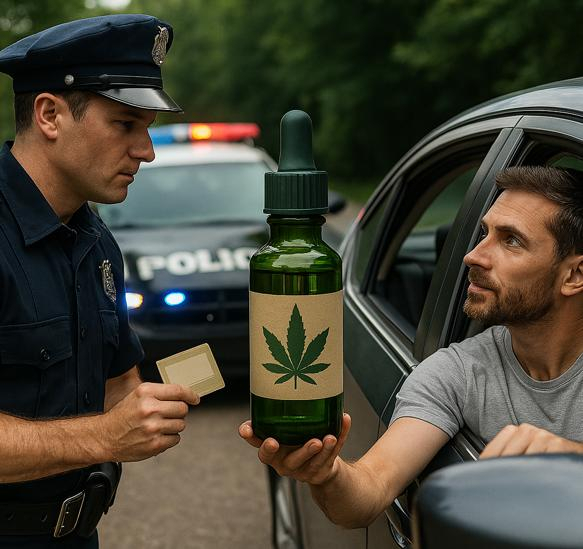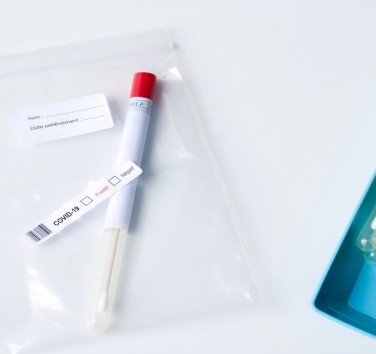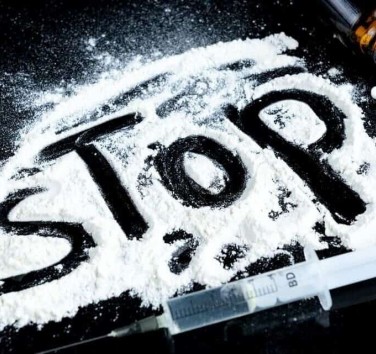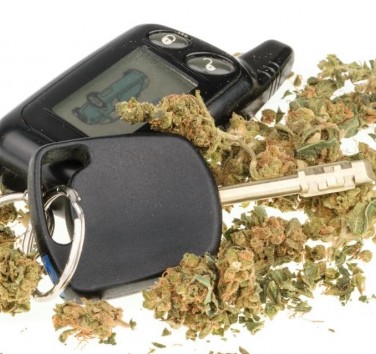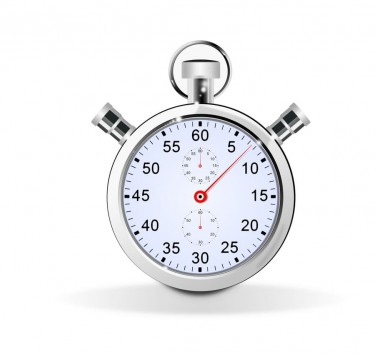Sommaire
- CBD: A cannabinoid without psychoactive effects
- Is this legal in France?
- CBD and saliva tests
- Blood and urine tests
- Positive saliva then blood test: what are the risks involved?
- Hair tests
- Know procedural defects
- Effects and conduct: a matter of common sense
- The new case law (June 2023)
- Police checks in Belgium
- Police check: 5 tips to avoid unpleasant surprises
CBD: A cannabinoid without psychoactive effects
CBD, also known as cannabidiol, is one of the many cannabinoids present in cannabis and hemp. Unlike THC, famous for its psychoactive effects, CBD does not cause feelings of euphoria or altered consciousness. Over the years, CBD has gained popularity due to its multiple therapeutic properties. Many studies suggest that CBD can help manage various ailments such as anxiety, chronic pain, and even sleep disorders.
Despite its non-intoxicating properties, the legality of CBD and its place in police checks remain questions for many. It is essential to understand that although CBD is derived from the cannabis plant, its consumption should not be associated with the use of narcotics. Thus, in the case of a positive test following the consumption of CBD, the individual should, in theory, not incur legal sanctions.
While this seems clear in theory, the practical reality regarding CBD and police stops is significantly more nuanced. It is this complexity that we intend to explore and detail in the remainder of this article.
Is this legal in France?
In France, and elsewhere in the European Union, the legal status of cannabidiol has experienced many twists and turns since the mid-2010s. Let's go back a little to better understand the legal saga and its outcome.
The brief history of legal status in France and the EU
It all starts with the emblematic legal case known as “Kanavape”, named after the French company which was the first to launch an e-liquid for electronic cigarettes made from hemp extract of the Cannabis L. Sativa variety. A few weeks after its marketing, at the time when vaping was booming in France, the courts prosecuted the two founders of the company for having marketed an “illegal” product, even though it had no effect. psychotropic. The prosecutor spoke of a “non-compliance with the law in force in the fight against narcotics”.
In 2018, the Aix-en-Provence Court of Appeal confirmed the conviction of the founders of Kanavape, who then brought their case before the Court of Justice of the European Union (CJEU). And contrary to expectations, the EU's supreme judicial authority will agree with Kanavape and judge the French ban on the marketing of the natural cannabinoid extracted from cannabis "contrary to European law". Indeed, according to the CJEU, the green molecule is neither a narcotic nor a medicine. Therefore, it can be sold freely in all EU countries, provided that national regulations on product safety and protection of public health are respected. Any contrary decision by a member country would amount to contravening the principle of free movement of goods.
Legal status today
Today, hemp products based on the cannabis substance are authorized for sale and consumption in France, provided that they meet the health and hygiene conditions and, above all, that they display an almost zero THC level (less than 0.3%). Remember that THC is the molecule responsible for the psychotropic or “high” effect of recreational cannabis. In short, hemp and its various molecules are legal in France provided that it is neither adulterated nor narcotic.
Non-psychotropic cannabinoids such as CBG, CBN and CBC are also legal, as long as they present neither psychotropic effects nor risk of addiction. They are mainly found in full spectrum or broad spectrum products, notably oils, flowers and certain resins. For several months, 321CBD has been offering CBG and CBN oils, which are perfectly legal (and good for your health).
In 2023, the Ministry of Health, advised by the National Agency for the Safety of Medicines and Health Products (ANSM), took action against the wave of new cannabinoids which began to appear on the market. European market since December 2022, probably driven by the American market. These include THCP, THCV, HHC and HHCP. The last two substances were formally banned on June 13, 2023, rightly in our opinion, because of their similarity to THC and their psychotropic effects.
To summarize, and before moving on to police checks, here are the legal hemp molecules, the illicit molecules and the molecules which are in a sort of gray zone and which should soon be banned according to our information :
|
Legal hemp molecules |
Illicit hemp molecules |
Hemp molecules in the gray area |
|
CBD |
THC |
THCP |
|
CBC |
HHC |
|
|
CBN |
HHCP |
THCV |
|
CBG |
Attention: unlike alcohol, illegal drugs, including THC contained in cannabis (and fraudulent products), do not benefit from any tolerance threshold. They are illicit upon detection!
Cannabidiol and other non-psychotropic cannabinoids are therefore legal in France... but are we at risk in the event of a police check?
CBD and saliva tests
In France, the police use saliva tests to detect the presence of drugs in drivers during roadside checks. Purpose: To check whether drivers are under the influence of illicit substances, including cannabis, cocaine, opiates, amphetamines and methamphetamines.
The saliva test can be ordered by the police as part of a systematic road check, following a traffic infraction, or simply if the police agency suspects that 'a driver is under the influence of drugs (suspicious behavior, agitation, etc.).
Procedure of a saliva test ordered by law enforcement
If the driver is “chosen” for testing, they will be required to provide a saliva sample. The sample is generally taken using a stick that the driver must keep in the mouth for one to two minutes. The sample is then placed in a testing device which will detect the presence of illicit substances, if any. The result is usually available within a few minutes. If the test is negative, the procedure comes to an end. On the other hand, if it is positive, a second sample will have to be taken (saliva or blood), but this time it will be sent to the laboratory for a more detailed analysis. In the meantime, the driver's license is suspended until the results are obtained (maximum duration set at three days).
Note: if the second sample is also saliva, you have the possibility of requiring a more precise blood test, to possibly contest the results of the test in court, especially if you are under medical treatment based on cannabis products (France has in fact launched a major experiment with drugs containing THC and its non-psychoactive compound in 2021, as explained on the site Public Service).
A saliva test gives a positive result?
This substance is not sought by law enforcement in the saliva test. Other non-psychoactive cannabinoids like CBG, CBN and CBC are also not affected. Police are looking for cannabis (through THC), cocaine, heroin, opiates, amphetamine and methamphetamines. But there is a big nuance: if you have consumed a misleading or fraudulent CBD product, the THC level of which has not been checked by an independent laboratory, you risk testing positive for cannabis and facing sanctions.
Another important point: if you mainly consume products composed of full-spectrum hemp oil, in particular oils, you will add up the traces of THC until you have a dose more or less important which can possibly lead to a positive test. Four factors will then come into play:
- The absorption of THC by the body: the half-life of THC varies depending on several factors such as age, sex, weight, fat percentage and speed of metabolism. People who have a fast metabolism and/or a low body fat percentage will eliminate THC more quickly. But be careful: by using full-spectrum products on a regular basis, THC can build up in the system and test positive even in people who have a fast metabolism;
- Test sensitivity : Saliva tests used by law enforcement in France can detect THC in saliva for a period of 4 to 6 hours after last consumption. These tests are designed to detect THC levels typical of recent recreational cannabis use. Consumption of a full-spectrum hemp product with 0.3% THC will not result in a positive saliva test, unless there is MASSIVE consumption;
- Product labels: Read product labels carefully to understand their composition. The label should indicate whether the product is THC-free or contains up to 0.3%. But be careful: the accuracy of the THC content indicated on the label is not guaranteed if you buy from dubious suppliers;
- The method of consumption of full-spectrum products will also affect THC detection. For example, THC from ingested hemp oil may stay in the system longer than THC from an inhaled vapor.
Overall, THC persists in saliva:
- For 8 hours for an occasional user;
- For 24 hours for a regular consumer;
- Up to 8 days for those who use illicit THC or full-spectrum cannabidiol multiple times per day.
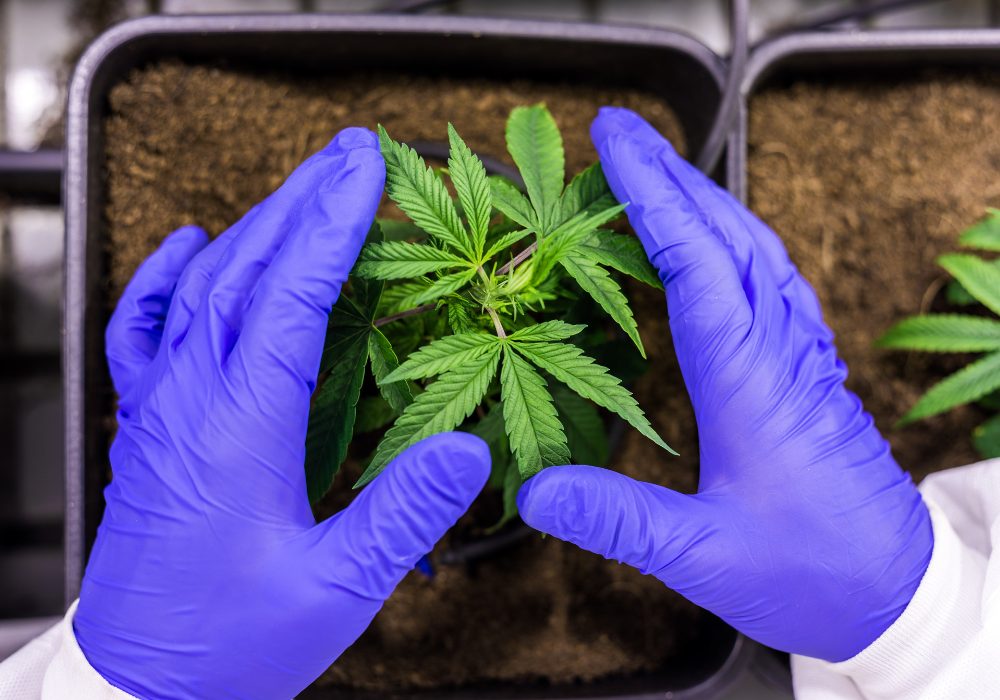
Blood and urine tests
Blood tests are generally used to detect the presence of THC (and other illicit substances) in the blood, most often to confirm the results of a positive saliva test during a traffic stop. Blood tests are able to detect the presence of THC for a period of hours to several days after consumption depending on the frequency of use and the metabolism of the individual.
For an occasional consumer of natural, full-spectrum cannabidiol (with less than 0.3% THC), the risk of testing positive in a blood test is almost zero a few hours after the last consumption. However, for a very regular consumer of full-spectrum CBD, THC may remain detectable in the blood for several days after the last consumption. Caution is therefore required.
In France, urine drug screening tests are mainly used in the context of judicial controls, work-related medical examinations, anti-doping controls in sport or for medical reasons. We therefore go beyond the scope of roadside inspections here.
Unlike blood tests, urine tests do not detect THC itself, but rather its metabolites, which are the breakdown products of the molecule. These metabolites can remain in the urine for longer periods than THC remains in the blood.
Are you an occasional consumer of full-spectrum products? THC metabolites may remain detectable in urine for approximately 3 to 5 days after last consumption. For a regular user, THC metabolites may remain detectable in urine for 10 to 15 days or more after the last consumption.
As you will have understood, urine tests are much more sensitive than blood tests and can detect low concentrations of THC metabolites. Therefore, even if you have consumed full-spectrum CBD containing less than 0.3% THC, the urine test may come back positive, especially if you are a regular user.
Positive saliva then blood test: what are the risks involved?
Driving under the influence of illicit substances (drugs or narcotics) is regulated by article L. 235-1 of the Highway Code. As explained above, there is no minimum tolerance threshold for the presence of narcotics in the body, unlike alcohol. In other words, even a residual trace can result in sanctions.
A driver whose saliva test is positive for narcotics risks a loss of 6 points on their driving license, a prison sentence of 2 years and a fine of up to 4,500 euros.
If other aggravating factors come into play, the sanctions may be more severe. For example, if the driver is under the influence of alcohol and illegal drugs or substances at the same time, he or she faces a prison sentence of 3 years and a fine of 9,000 euros. In the event of a bodily accident caused by a driver under the influence of drugs, the penalty can be up to 10 years in prison and a fine of 150,000 euros. In addition, the damage caused by an accident of this type will generally not be covered by the driver's insurance, who will have to personally assume the compensation costs (remember the Pierre Palmade affair).
Note: refusing to submit to a saliva test is today considered an offense in its own right, “equated to an admission of guilt”, according to the legislator. Drivers who refuse to take a saliva test commit an offense called “refusal to submit to checks”, which is also punishable by law. The consequences of this refusal can be severe.
Hair tests
Although urine and saliva tests are the most commonly used methods to detect the presence of drugs in the body, the hair test is gaining popularity, particularly in some professional settings. This test is based on the analysis of a strand of hair, generally taken from the nape of the neck, and can reveal consumption of prohibited substances dating back up to several months.
Unlike other methods, the hair test does not detect the recent presence of drugs, but rather chronic or regular use over a long period. Therefore, if a person has consumed CBD containing low amounts of THC (the psychoactive component of cannabis) in recent months, it is possible that this will be detected in a hair test, even if the psychoactive effects have since long gone.
Know procedural defects
Motorists who feel that their rights have been violated can challenge a sanction for driving under the influence of drugs, in particular due to a procedural defect, where applicable. As you must know your obligations, you must also be aware of your rights, in particular the conditions and rigor necessary to carry out control procedures by law enforcement.
Here are the two main factors that could potentially lead you to challenge a decision that you consider unjustified during a traffic stop:
- Forgetting to notify the rate to the motorist: once the saliva test has been carried out (and positive), the police officer must inform the driver of the result and indicate the level of narcotics detected. If this information is not provided, the procedural defect may be upheld in the event of a dispute by the motorist;
- Forgetting to inform the driver of the right to request a counter-analysis: if the saliva test is positive for an illicit substance, the driver has the right to request a counter-analysis to confirm or invalidate the initial result, most often with a blood test, which is more precise and reliable. The police officer must inform the driver of this right. If the information is not communicated, the procedural defect may be upheld.
If one of these steps is omitted during the check, the driver can challenge the sanction before the judicial court in accordance with the deadlines and procedures in force. For example, you have 45 days to contest a fine, and you must contest the decision before the hearing date indicated on the summons, if applicable.
A fine can be contested by sending a registered letter with acknowledgment of receipt to the address indicated on the notice of violation. Clearly state the reasons for your objection and provide evidence to support your request. Note that you can also contest the decision online on the website of the National Agency for the Automated Processing of Offenses (ANTAI).
Please note: contesting a sanction for procedural defects does not necessarily guarantee its cancellation. The court will evaluate the evidence presented and determine whether the procedural defect is sufficient to overturn the sanction.
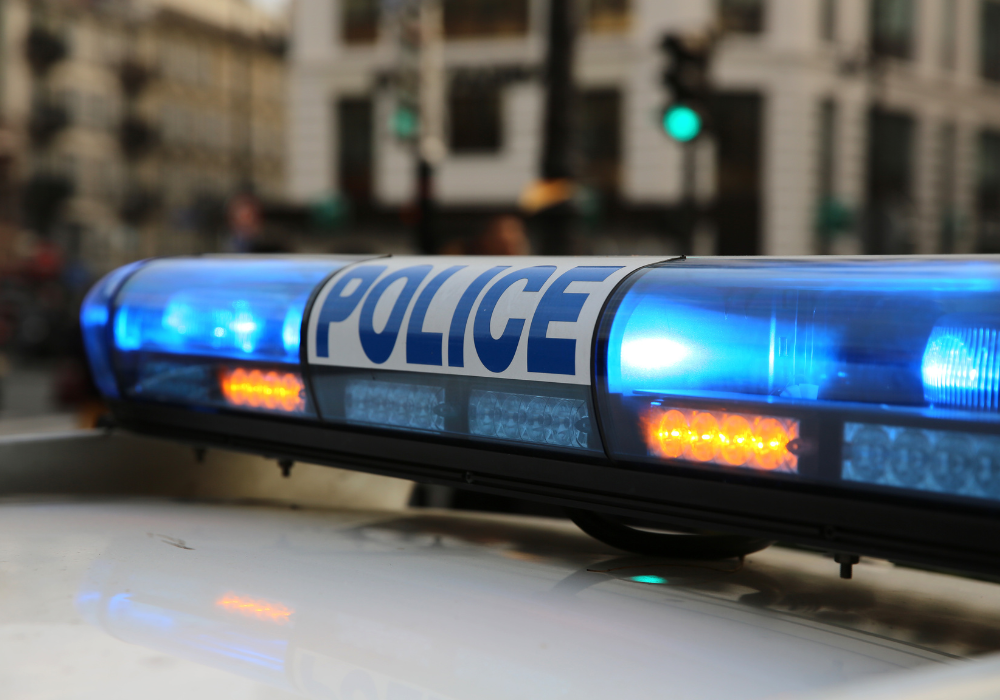
Effects and conduct: a matter of common sense
Certainly, this hemp extract and other non-psychotropic cannabinoids do not cause a psychotropic or intoxicating effect likely to seriously affect your cognitive functions and therefore your ability to drive a vehicle. On the other hand, CBD products can cause drowsiness and/or reduced concentration in certain individuals, especially if it is a hemp product extracted from the Cannabis Indica variety.
The soothing and relaxing effect, which can induce a feeling of drowsiness, is generally sought by the consumer, particularly to manage stress, anxiety and sleep disorders such as “insomnia”. But keep in mind that these properties will necessarily impact your vigilance while driving.
Unlike alcohol or narcotics, cannabidiol does not cause impairment of cognitive function or balance, making it inherently less dangerous for driving (all else being equal). But the risk is there, especially during long journeys or in demanding driving conditions (night, rain, etc.).
Safety should ALWAYS be your priority. If you are unsure about your ability to drive after using it, it is best to wait or use other means of transportation. This will protect not only your own life, but also that of other road users. Also, NEVER drive after consuming it for the first time (or any other form of hemp for the very first time), as you have no idea how the product impacts your alertness while driving.
The new case law (June 2023)
The Court of Cassation rendered a decision on June 21, 2023 regarding driving under the influence of CBD. In this case, a motorist was found guilty of driving under the influence of drugs and speeding by the criminal court. He received a two-month suspended prison sentence, a six-month license suspension and a fine of 50 euros.
However, the court of appeal overturned his conviction for driving under the influence of drugs, arguing that the toxicological expertise had not indicated the level of THC (tetrahydrocannabinol), as required by the decree of the December 13, 2016 on the methods of screening for substances indicating the use of narcotics (and as we reported in the “procedural defects” section. The Attorney General of the Court of Appeal had then filed an appeal in cassation, maintaining that article L 235-1 of the highway code does not impose a THC threshold. Furthermore, according to the magistrate, the decree in question only establishes a detection threshold and no incrimination.
The Court of Cassation therefore annulled the judgment of the Court of Appeal, recalling that article L 235-1 of the Highway Code criminalizes driving after using narcotics, regardless of the results of blood tests or salivary. The mere presence of a substance classified as a narcotic (THC) in the driver's body is sufficient to constitute the offense, regardless of the quantity consumed.
In summary: what we said in this article remains valid. Common sense was simply confirmed by the Court of Cassation. The conclusion remains the same: watch out for adulterated or fraudulent products that contain more THC than the law allows, and watch out for full-spectrum hemp products which, when consumed massively, can increase THC levels in the body. saliva and blood.
Police checks in Belgium
Belgium, like France, has experienced numerous debates around CBD and its legality.
If in France saliva tests are commonly used to detect the presence of THC in drivers, Belgium has also put in place tests to ensure that drivers are not under the influence of illicit substances. /p>
It is crucial for CBD consumers to understand the nuances of police testing in Belgium, because even though CBD is legal, the presence of THC, even in trace amounts, can result in legal consequences.
Always make sure you consume certified products and know your rights as a CBD consumer in Belgium.
Police check: 5 tips to avoid unpleasant surprises
As always, it is common sense that will allow you to calmly consume a good item without taking unnecessary risks. Here are 7 tips to avoid unpleasant surprises and make CBD the best ally for your daily quality of life:
- Keep your proof of purchase: If you are in possession of products containing a cannabis substance, keep your invoices and purchase receipts with you, for example in your wallet. This is irrefutable proof that you obtained your products legally;
- Avoid transporting unpackaged hemp, especially in “commercial” quantities. If you have to transport any, make sure that they are products packaged in their original packaging with a label clearly indicating their composition and origin;
- If you are stopped by law enforcement, remain calm and cooperate with the officers. Aggression and defensive behavior will only make the situation worse;
- It's all about planning. If you know you will have to drive, plan your consumption accordingly. Avoid consuming full-spectrum products containing traces of THC if you must drive in the next few hours. Also remember that even pure CBD, without any trace of THC, can cause drowsiness and impact your alertness on the road;
- Avoid mixing it with alcohol, as the combination of the two can increase drowsiness and decrease reaction time.
Reference store in legal hemp products in France, 321CBD offers you traceable, sourced and rigorously tested cannabidiol... a treat for the body and mind with complete peace of mind and at its best. price!

